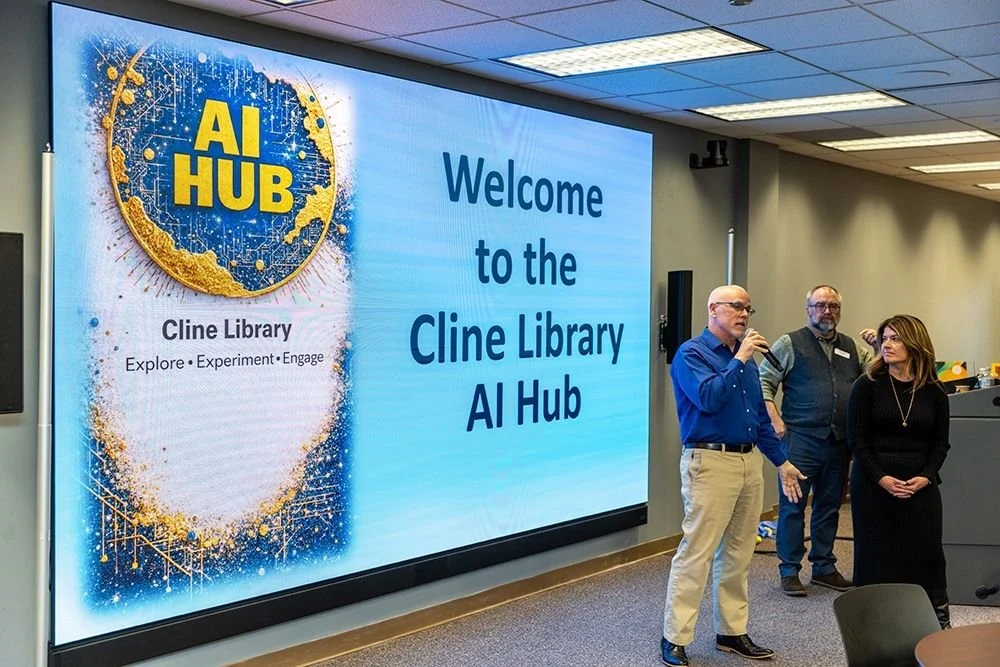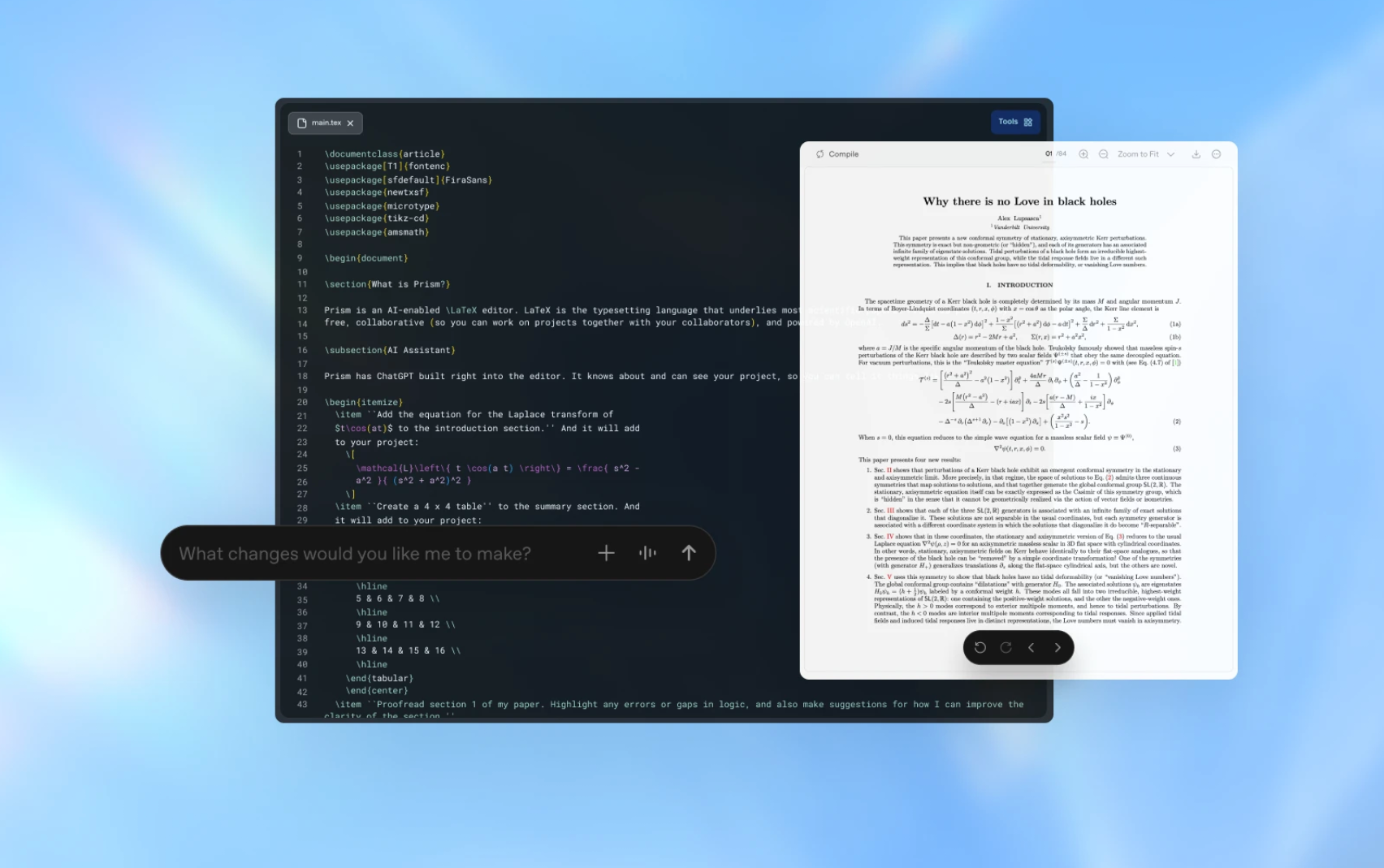Cambridge University Press & Assessment shares six key principles for ethical use of AI in English language education
Cambridge University Press & Assessment has released a new paper defining six key principles for the ethical use of AI in English language education.
The organization says AI can bring benefits to English learners, but calls for a “human-centred approach”. It also calls for safeguards to ensure AI is fair and inclusive and that security, privacy and consent are prioritized.
“The rapid adoption of AI in English language learning and assessment can provide significant benefits for learners, teachers and institutions around the world, but it’s critical that it’s delivered ethically,” explains Dr Nick Saville, Director of Thought Leadership at Cambridge University Press & Assessment and co-author of the paper.
“Despite the huge benefits AI can bring, without an ethical framework in place, it risks losing credibility and people’s trust. The six principles we have defined will help deliver effective AI-based language learning and assessment solutions. By focussing on keeping a human in the loop and maintaining robust standards, we can carve out a future where teachers and learners feel safe and empowered to use new technology to reach their potential.”
The six key principles for ethical use of AI in English learning and assessment are:
AI must consistently meet human examiners’ standards – AI systems must accurately assess the right language skills and deliver results people can trust. Test providers must collect robust evidence to show how AI scores meet the same standards as highly skilled and experienced human examiners.
Fairness isn’t optional – it’s foundational – AI-based language learning and assessment systems must be trained on inclusive data to ensure they are fair and free from bias. Critical to this is the use of diverse data sets in the training of AI models and continuous monitoring for bias.
Data privacy and consent are non-negotiable – All parties must be clearly informed about what data is collected, how it’s stored, and what it’s used for. Behind the scenes, this means implementing robust encryption, secure storage protocols, and safeguards against hacking.
Transparency and explainability are key – Learners need to know when and how AI is used to determine their results. AI systems must be developed and deployed transparently, with robust oversight and governance. Providers must be able to clearly articulate the role AI plays, as well as the frameworks that are in place to ensure test integrity and accuracy.
Language learning must remain a human endeavour – While AI can enhance learning and assessment, it cannot replace the uniquely human experience of acquiring and using language. AI-based assessment must always keep a human in the loop: ensuring accountability on the part of test providers, and allowing a human to step in where oversight, clarity, or a correction is needed for quality control.
Sustainability is an ethical issue – AI isn’t just a digital tool – it’s a physical one, with real-world environmental costs. AI systems crunch vast amounts of data, which comes with massive energy needs. The environmental impact of AI use must be kept in mind when considering how AI should be developed or used.
“To maintain high standards in learning and assessment, we must consistently put learners first. AI offers a world of possibilities, but with that comes a responsibility to make sure solutions are ethical, high-quality, and accessible,” adds Francesca Woodward, Global Managing Director, English, at Cambridge University Press & Assessment.
“The use of AI in education lacks consistent regulation, which means we, as a sector, have a responsibility to champion innovation with integrity. We’ve defined these principles to provide a research-based framework that we encourage others to choose to adopt.”
The ETIH Innovation Awards 2026
The EdTech Innovation Hub Awards celebrate excellence in global education technology, with a particular focus on workforce development, AI integration, and innovative learning solutions across all stages of education.
Now open for entries, the ETIH Innovation Awards 2026 recognize the companies, platforms, and individuals driving transformation in the sector, from AI-driven assessment tools and personalized learning systems, to upskilling solutions and digital platforms that connect learners with real-world outcomes.
Submissions are open to organizations across the UK, the Americas, and internationally. Entries should highlight measurable impact, whether in K–12 classrooms, higher education institutions, or lifelong learning settings.
Winners will be announced on 14 January 2026 as part of an online showcase featuring expert commentary on emerging trends and standout innovation. All winners and finalists will also be featured in our first print magazine, to be distributed at BETT 2026.
























